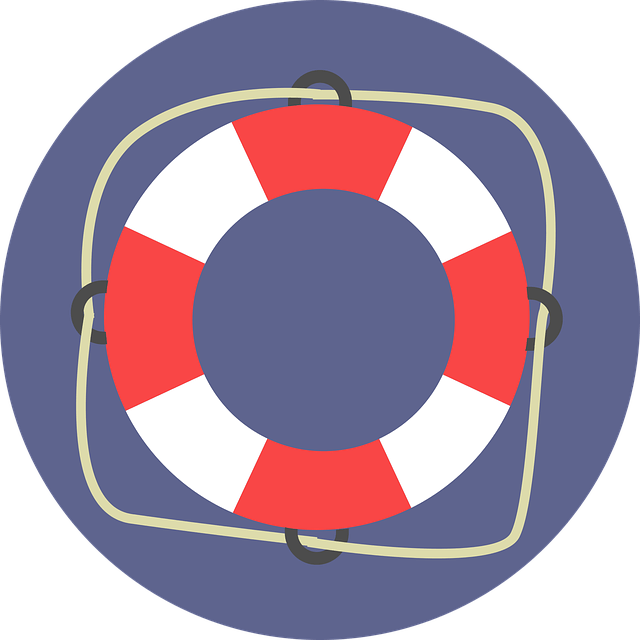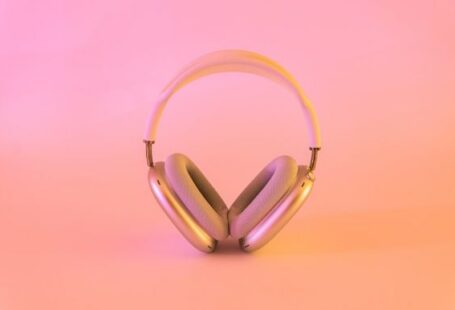In this digital age, technology has revolutionized the way we read books. Gone are the days when we carried around heavy backpacks filled with thick novels. Now, we have the option of reading books on tablets or e-readers, making our reading experience more convenient and portable. But how do tablets compare to e-readers for book lovers? Let’s delve into the details and find out.
Screen Quality and Eye Strain
One of the most significant factors to consider when choosing between a tablet and an e-reader is the screen quality. Tablets generally have high-resolution screens that offer vibrant colors and sharp text. This makes them ideal for reading books with illustrations or magazines that require a visually appealing experience. On the other hand, e-readers use e-ink technology, which mimics the appearance of ink on paper. This results in a more comfortable reading experience and reduces eye strain, especially during extended reading sessions.
Portability and Battery Life
When it comes to portability, e-readers are the clear winner. E-readers are lightweight, slim, and compact, making them easy to carry around in a bag or even a pocket. Additionally, e-readers have exceptional battery life, with some models lasting for weeks or even months on a single charge. This is a considerable advantage for book lovers who enjoy reading on the go or during travels. Tablets, on the other hand, tend to be bulkier and have shorter battery life, typically lasting for a few hours before requiring a recharge.
Versatility and Multifunctionality
While e-readers excel in their simplicity and focus on reading, tablets offer a wider range of features and apps. Tablets can serve as all-in-one devices, allowing you to not only read books but also browse the internet, watch videos, play games, and access various productivity apps. This versatility makes tablets a great option for book lovers who also want to use their device for other purposes. However, the downside of this multifunctionality is that it can be distracting, taking away from the pure reading experience that e-readers provide.
Book Availability and Formats
Both tablets and e-readers offer extensive libraries and access to a vast selection of books. However, it’s important to consider the formats supported by each device. E-readers typically support e-books in formats such as EPUB and MOBI, which are widely used in the publishing industry. Tablets, on the other hand, can read e-books in various formats, including PDF, EPUB, and even Kindle books. This gives tablet users more flexibility in terms of the types of books they can access and read.
Price Range and Affordability
When it comes to price, e-readers are generally more affordable compared to tablets. E-readers are designed primarily for reading, which means they have fewer features and lower production costs. This affordability makes them a great choice for budget-conscious book lovers who prioritize reading experience over additional functionalities. Tablets, on the other hand, come with a wider price range, depending on the brand, model, and specifications. While they offer more features, they also come at a higher cost.
The Verdict
In the end, the choice between a tablet and an e-reader for book lovers depends on personal preferences and priorities. If portability, eye comfort, and an uninterrupted reading experience are your main concerns, an e-reader is likely the best option. On the other hand, if you value versatility, multifunctionality, and the ability to do more than just reading, a tablet would be a better fit. Ultimately, both devices have their own set of advantages and disadvantages, so it’s important to consider your specific needs and preferences before making a decision.




